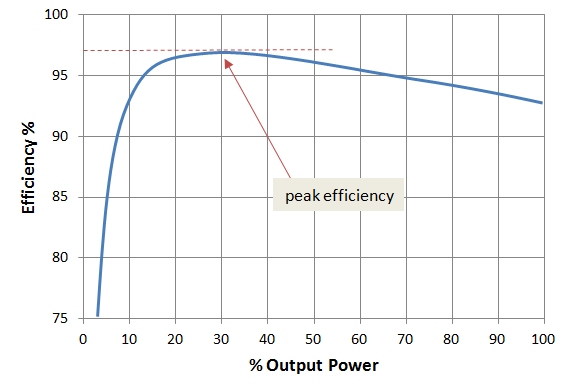On The Need for Home DC Outlets
Jump to navigation
Jump to search
Basics
- This page explores the need for, and benefits from the adoption of, a home DC power outlet system
AC/DC (But not the Band)
- AC Current is Good For Distribution, as it is more easily convertable since transformers can be used
- AC Current can not be used with LEDs or Semiconductors However without conversion
Conversion Inneficciencies
- Due to the rise in Home and Mobile Computing as well as LED Lighting and Screens/Backlights for Screens/Projectors, and DC Motors, DC Power is being used more and more
- This means the standard AC power is being turned into DC power AT THE SOCKET, usually with highly inneficient socket rectifiers for devices such as USB ELectronic Device Chargers
- Another inefficiency arises from how our power is being generated; AC Motors are used for Steam Turbines, yet Some Renewable Sources such as Some Wind Turbines, Photovoltaic Panels, and Fuel Cells all Produce DC Power, thus requiring an inverter to be used with the existing grid adding further to inefficiecies.
Calculation of Energy Lossses Due to the Lack of a DC Outlet
Losses From Generation
- Average Inverter Efficiency is ~90% although there is a Larger Loss due at lower percentages of output power (see the chart below)
Losses From Conversion
- Rectifiers are anywwhere from a measly ~40.6% with Half Wave Rectifiers to ~81.2% with Bridge Rectifiers
- Linear AC to DC Converters can also consume power when Plugged in, yet not in use, SMPCs fix this issue, yet are more complex and bulkier
- This Link Goes over an intresting home experiment to test this. Turn all of your electric tevices off, BUT DO NOT UNPLUG THEM, meeasure power draw, then do the same with them all unplugged. That gives you the draw from the converters in a resting state. Results vary, but the author had a passive draw detailed in the following quote:
"I was reading about 1.8 amps. We have 220V power where I live (Turkey) so that’s about 400 watts. I have a small house (about 1,600 square feet), so that seemed like a lot."
See the following sources for more detailed information on inverter efficiency
Losses From Transmission
- DC Current Flows More Efficiently Than AC in Wires
- This is Due to... (Needs answering)
- Read the The Wikipedia Page on Electric Power Transmission for More Detailed Information
Esentially...
- One Big Converter tends to be more efficient and practical than many smaller ones
Possible Standards
- Current DC Power Transmission Standards/Outlets
- Open Source DC Power Transmission/Outlet Protocol
- This Hackaday Page Explores This
Internal Links
- 12 V connectors
- DC
- AC
- USB
- Current AC Power Transmission Standards/Outlets
- Open Source DC Power Transmission/Outlet Protocol
- HVDC Power Transmission
- Inverter
- Standby Power
External Links
- The Wikipedia Page on The War of The Currents
- The Wikipedia Page on Electric Power Transmission
- The Wikipedia Page on Standby Power
- A Source for Inverter Efficiency Calculations
- A Source Describing the Complexity in Determining the Efficiency of Inverters due to Marketing etc
- A Source for Rectifier Efficiency Calculations
- A source on AC vs DC Power
- A Page Describing in home DC systems and how they work
- A Post on a Solar Panel Forum about this Issue
- Another Forum Post on this Issue
- A "How Stuff Works" Article on Hoow Power Grids Work
